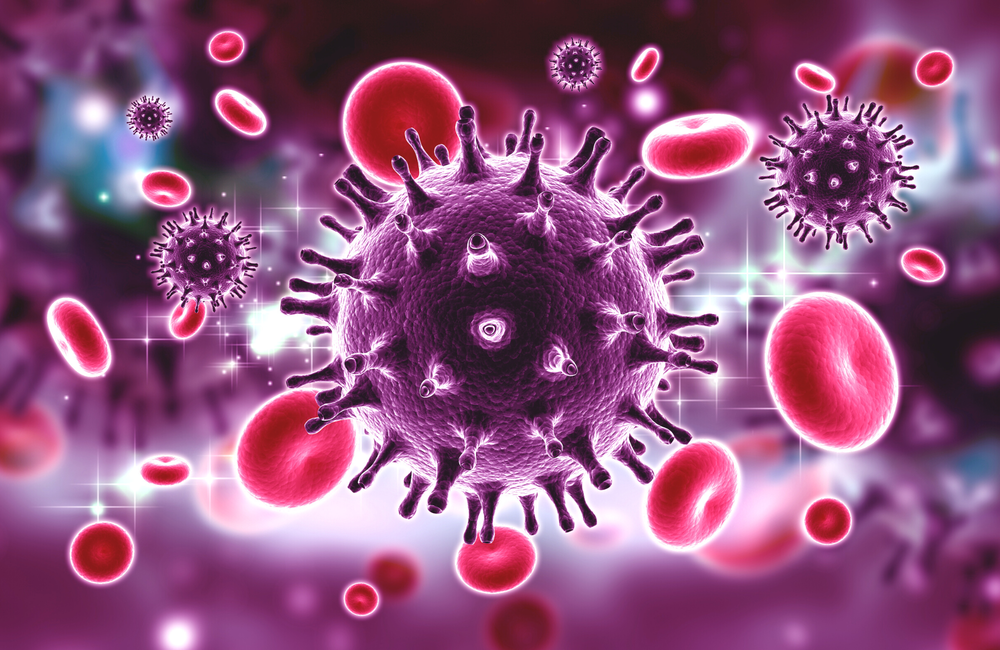The Chairman of the House of Representatives Committee on HIV/AIDS, Tuberculosis, and Malaria Control, Amobi Ogah, has asserted that Nigeria requires approximately $8 billion annually to sustain its efforts against HIV/AIDS.
He made this declaration on Tuesday during the commencement of the 2024 Nigeria HIV Prevention Conference, themed ‘Accelerating HIV Prevention to End AIDS through Innovations and Community Engagement,’ organized by the National Agency for the Control of AIDS in Abuja.
Ogah emphasized the necessity of altering the current narrative by enhancing local funding for combating HIV/AIDS.
According to him, Nigeria is estimated to have about 1.8 million people living with HIV, with approximately 1.63 million already receiving Antiretroviral Therapy, representing the highest number of children born with HIV globally.
The goal to eliminate mother-to-child transmission of HIV by 2030 appears distant, as the national coverage of Prevention of Mother-To-Child Transmission is less than 50 percent, resulting in around 22,000 cases of MTCT of HIV annually in Nigeria.
RElated News: NACA Urges Responsible Sexual Behavior to Curb HIV Spread During Festive Season
Ogah stressed the urgency to reassess, rethink, and re-strategize HIV prevention intervention programs.
He outlined key areas for NACA’s focus, including increasing domestic funding, strengthening HIV interventions, mobilizing communities for gender equality, and combating stigmatization and discrimination against persons living with HIV/AIDS.
Ogah also advocated for scaling up treatment centers and emphasized the critical need for funding, estimating an annual requirement of $8 billion for sustaining the fight against HIV/AIDS.
Furthermore, Ogah pledged the committee’s commitment to advocating for increased funding, supporting legislation for comprehensive healthcare, and ensuring access to quality treatment.
He emphasized the importance of oversight to ensure allocated funds are utilized appropriately.
Dr. Temitope Ilori, Director General of NACA, echoed the significance of community involvement in shaping effective prevention strategies and ensuring access to treatment.
She highlighted the need to intensify efforts to prevent mother-to-child transmission and address stigma and discrimination, emphasizing the conference’s role in exploring innovative approaches to empower communities and combat HIV infection.
You can also read: Gombe Faces Alarming Rise in Child HIV Cases Due to Gender-Based Violence


